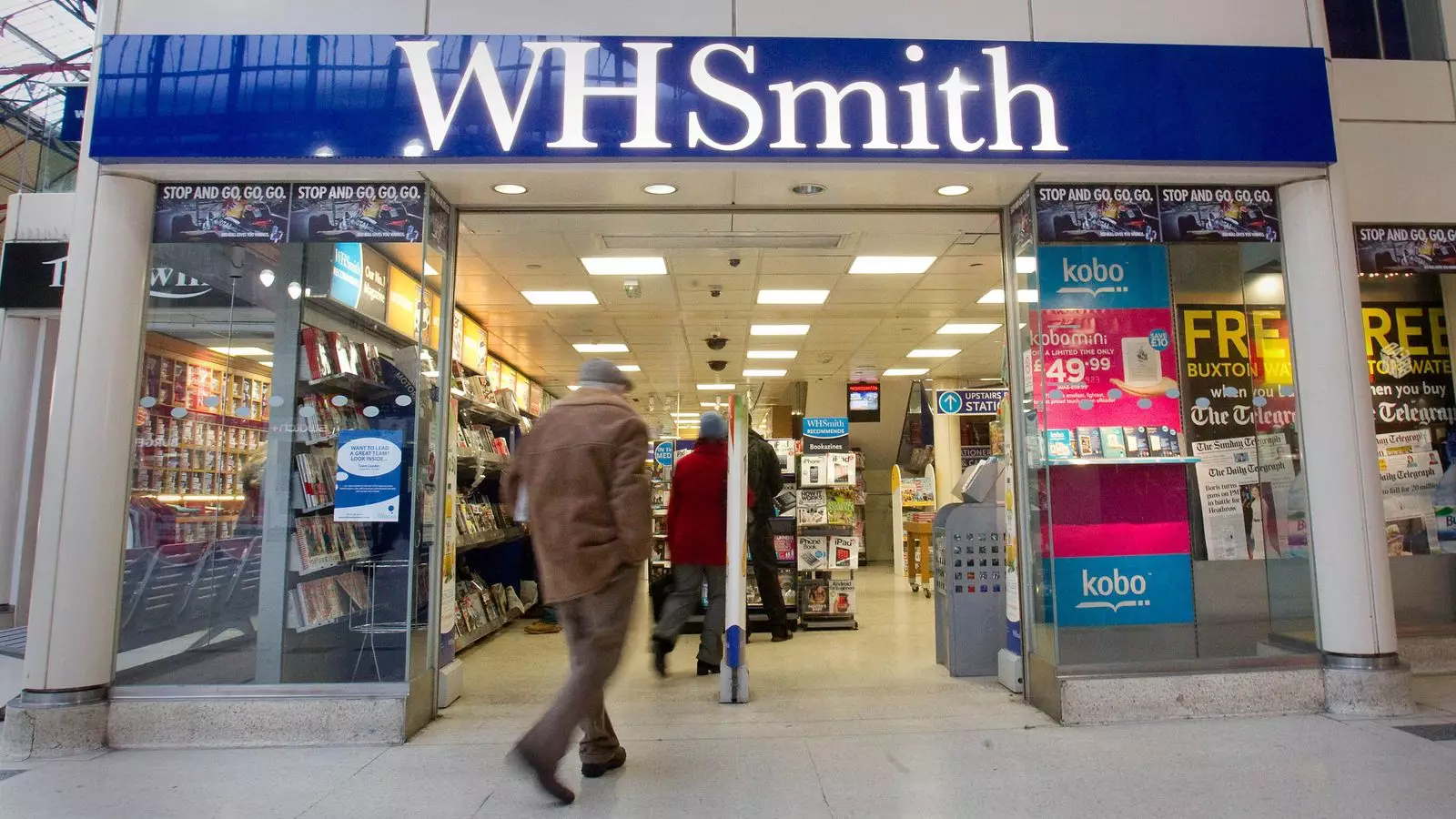In a move signaling significant change in the British retail landscape, WH Smith is reportedly in advanced negotiations to divest its entire high street business. Founded over 230 years ago, this iconic retailer traces its roots back to 1792 when Henry Walton Smith and his wife opened their first shop in London. The impending sale of WH Smith’s high street branches, which includes approximately 500 shops and employs around 5,000 people, marks a dramatic transition for a brand long intimately tied to the high street’s identity.
The negotiations come as WH Smith, now a publicly traded company with a market capitalization of nearly £1.5 billion, seeks to reshape its business model amid evolving consumer habits and the decline of brick-and-mortar retail in the UK. Communication regarding the sale plans is expected soon, with details likely to be formally announced on the London Stock Exchange.
While WH Smith’s high street division maintains its historical significance, it has struggled to keep pace with the more lucrative travel retail arm. The latter segment has experienced tremendous growth, supported by its strategic locations in airports, train stations, and hospitals. With 600 shops in the UK alone, this division now accounts for a staggering 75% of WH Smith’s total revenue and 85% of its profits. The rapid expansion of the travel business, particularly in the US market, showcases a clear preference for offering a diverse range of products, from food and beverages to technology, compared to the more traditional offerings of books and stationery in its high street stores.
This sector’s higher profit margins further illuminate the rationale behind WH Smith’s pivot toward a singular focus on travel retail. As consumer behaviors shift increasingly towards convenience and multi-faceted shopping experiences, WH Smith has prioritized adapting to these trends.
The retail sector’s turmoil is not a new narrative; countless brands have succumbed to changing market dynamics in recent years, with BHS, Debenhams, and Comet being notable casualties. In this context, WH Smith’s high street division has been one of the last beacons of a bygone era, and its potential sale represents both a necessary adaptation and a significant loss for the traditional British high street.
Moreover, analysts are projecting that the sale, if successful, will likely garner investor support. Despite achieving a flat operating profit of £32 million last year, the high street division’s performance falls short compared to the growth trajectory witnessed in travel retail. Over the last fifteen years, the high street has witnessed significant contraction, and WH Smith is not immune to this trend. Already, reports have suggested that around fifteen locations will close in the upcoming year as part of an ongoing rationalization process.
If WH Smith proceeds with the divestiture, the ramifications could reshape its identity fundamentally. By shedding its high street business, WH Smith could consolidate resources and concentrate on expanding its profitable travel segment. Industry insiders suggest that such a strategy may provide the company with a more cohesive brand direction while enabling focused growth strategies in a sector that shows promise.
WH Smith’s longstanding commitment to the travel sector, which began with the first travel retail store at Euston Station in 1848, could see renewed vigor in the absence of its high street responsibilities. This reorientation signals an effort not merely to survive but thrive in a competitive landscape, positioning the company as a leader in travel retail.
As WH Smith prepares for a potential sale of its high street business amid declining foot traffic and shifting consumer preferences, the move could redefine the historical retailer’s future. While the high street division has deep historical roots, the focus on a scalable, profitable travel retail model aligns WH Smith with the evolving retail environment. Such a shift reflects both the challenges faced by traditional retailers and the necessity of innovation, ultimately shaping the course of one of Britain’s most cherished retail names. The next few months will be crucial as stakeholders await further developments on this significant potential transition.

Leave a Reply